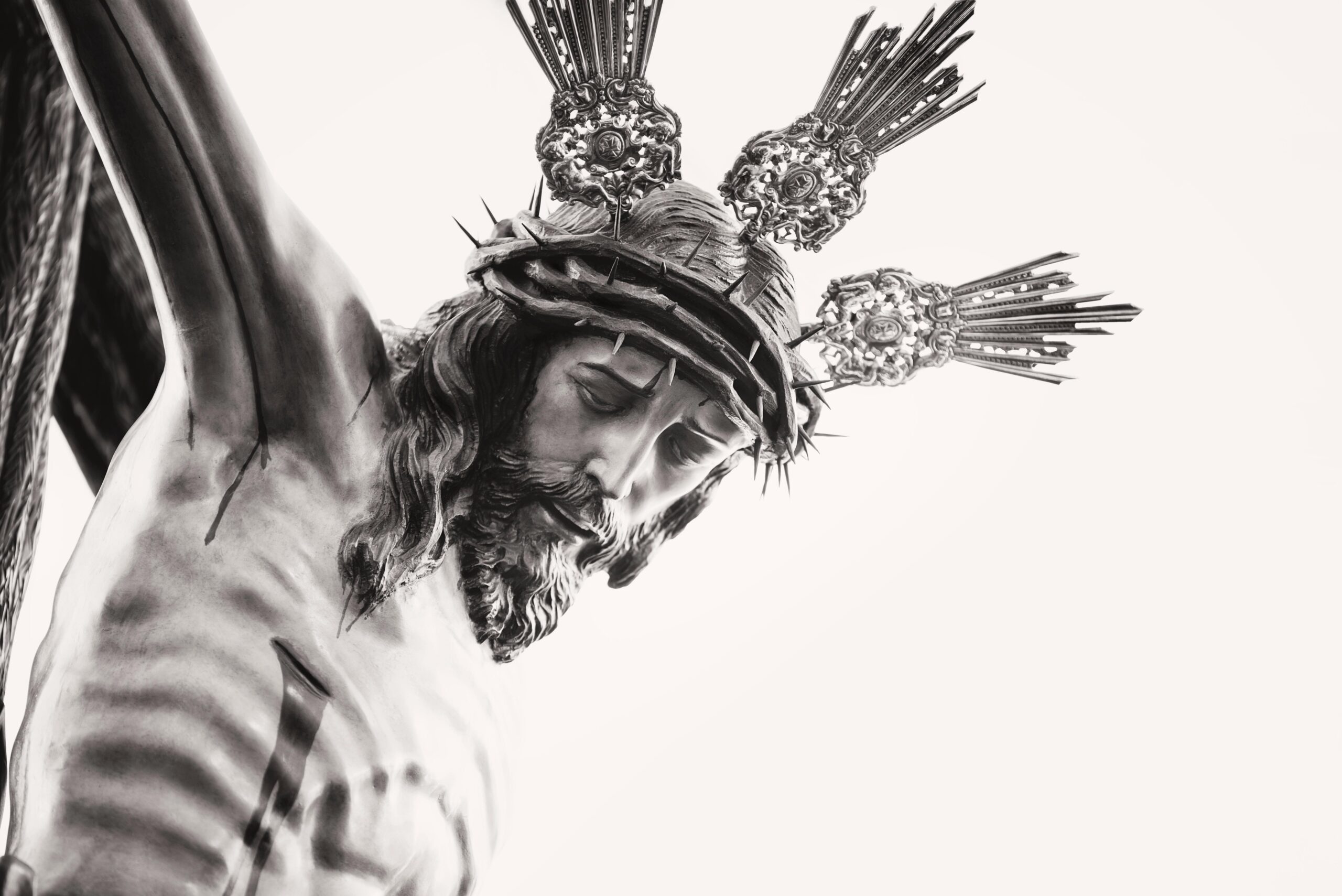With Lent, I am often reminded of how much it asks us to reflect on the delicate balance between justice and mercy, love and suffering. These are concepts that seem almost at odds with each other — how can we reconcile the demands of justice with the grace of mercy? How can love exist alongside suffering? And yet, it’s in the person of Christ that these tensions come together in a beautiful and profound way.
Lent is a season of sacrifice, self-denial, and reflection. It’s a time when we’re called to consider not only our own shortcomings but also the ways in which we, as followers of Christ, are to embody His love in the world. For me, it’s become a time to think deeply about the cross and what it represents: Christ’s willingness to endure suffering for the sake of something far greater — our redemption.
In the story of Christ’s sacrifice, we see both justice and mercy in full view. The justice of God demands that sin be confronted, that wrongs be righted, and that the weight of human failure be acknowledged. But here’s the incredible thing: God’s mercy doesn’t overlook this justice; instead, it finds a way to fulfill it. Christ, in His sacrifice, takes on the penalty of sin — the justice of God is satisfied. But in doing so, He offers mercy to all who believe. His death is not just a payment, but an invitation: to come as we are, broken and imperfect, yet accepted and loved.
This brings me to the paradox of love and suffering. We often think of love as something that is pure joy and delight, something that makes us feel warm and secure. But Christ’s love for us was demonstrated in the most painful way possible — through His suffering on the cross. Love, in its truest form, isn’t just about the good times or the easy moments; it’s about walking with someone through the hardest of times, even when it costs you everything.
In Lent, we’re invited to participate in this journey of love and suffering. It’s a season where we not only reflect on the cross but also take up our own crosses, embracing the discomfort that comes with sacrifice and self-denial. But even in our own suffering, there’s a profound hope — we’re never asked to suffer alone. Christ has walked this path before us, and in His love, He meets us in our pain, offering His mercy and grace.
As I meditate on these themes, I realize that the tension between justice and mercy and between love and suffering, is not something to resolve but to embrace. In Christ’s sacrificial love, we see how they coexist in the most beautiful and transformative way. It’s in His suffering that we find justice fulfilled, and it’s in His mercy that we find healing and hope.
So, this Lent, as we reflect on the cross and all that it means, may we remember that justice and mercy are not opposites but partners in God’s redemptive plan. And may we be reminded that love, while often accompanied by suffering, is always the answer — because it’s in love that we find the truest form of justice and the deepest expression of mercy.
